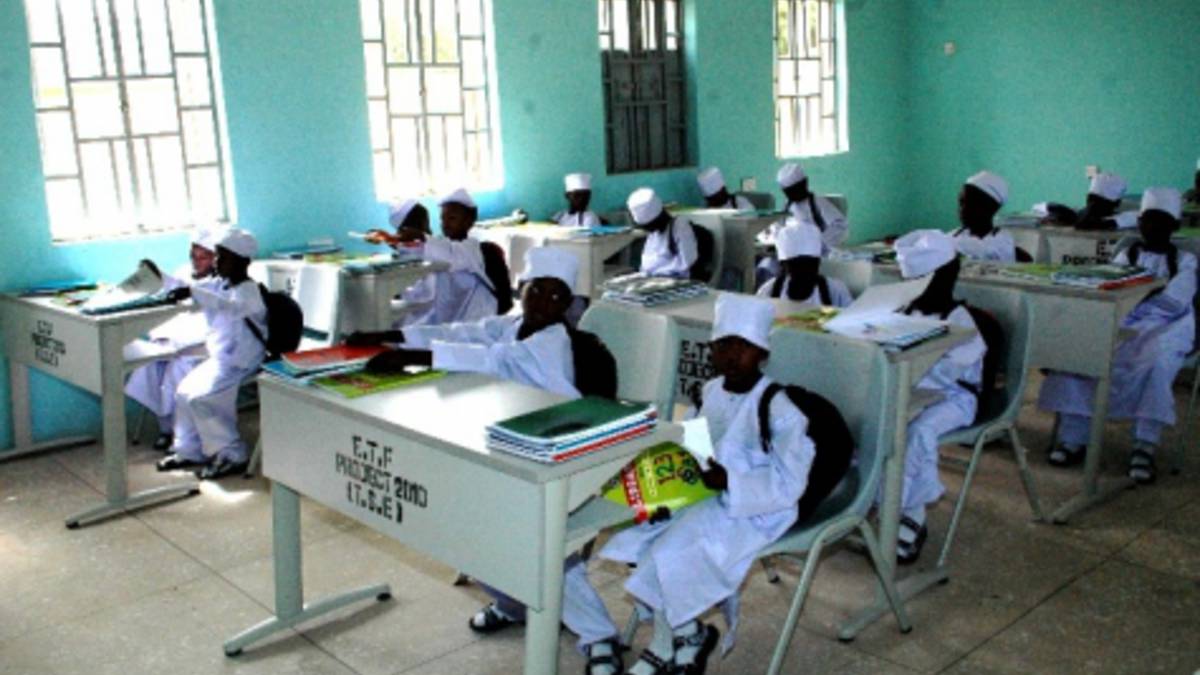The dilemma of free education in Niger
The phrase “free education” has in recent times assumed the status of a mantra in Nigeria’s political space. It is often employed by politicians as a bargaining chip to gain political advantage; so much so that its frequent use (or misuse) has arguably created a cloud of uncertainty over its meaning and content. Broadly speaking, […]

The phrase “free education” has in recent times assumed the status of a mantra in Nigeria’s political space. It is often employed by politicians as a bargaining chip to gain political advantage; so much so that its frequent use (or misuse) has arguably created a cloud of uncertainty over its meaning and content. Broadly speaking, free education refers to the provision of unhindered access to quality education for children of school age, especially at the basic level. This is expressed in Section 18(3) of the 1999 Constitution of Nigeria.
The primacy of quality education and its impact on national development is not in doubt. Little wonder, the federal and state governments have attempted, at different times, to provide free education; with varying degrees of success. For the benefit of hindsight, an ideal form of free education was adopted by the missionaries in the early stages of the introduction of the Western school system in Nigeria. Although the curriculum was myopic in scope (as it was restricted to reading, writing, arithmetic and religion), the system was indeed free because no tuition was charged and the cost of providing food, textbooks, pencils, copybooks, classroom equipment, clothes and hostel accommodation were entirely borne by the missionaries. These were all part of admission drive to attract children and parents to embrace and support the Western school system.
- Ortom: Hold Bauchi gov responsible if I’m assassinated
- Fact check: Did Onyeama say Benin wanted to be Nigeria’s 37th state?
Fast forward to 2008, the Niger State Government felt the need to radically expand access to quality education in the state, thus introducing a free education programme with the aim of eliminating all the factors that prevent school-age children from enrolling in school, remaining and completing the basic and secondary education. The programme was designed to be free and non-discriminatory; and in terms of content, the programme was intended to cover the cancellation of tuition/school fees, provision of school uniforms, free meals as well as text and exercise books. Included also was the payment of monthly imprest to secondary school principals, and payment of examination fees to the West African Examination Council (WAEC), National Examination Council (NECO) and other similar examination bodies.
As well intentioned as the programme was, its implementation was marred by challenges; chief among which was inadequate funding; which culminated into staggered and selective provision of uniforms, text and exercise books, as well as payment of the monthly imprest. Closely related to this was the incessant delay in the payment of external examination fees for final year secondary students, thus leading to embarrassing delays in the release of the results of candidates from the state (this happened in 2012, 2013 and 2014). In addition to these, free meals were never provided as planned, and worst of all, many principals and head teachers resorted to self-help by charging exorbitant Parent-Teacher (PTA) levies to be “able to effectively” run their schools. All of these challenges led to the failure of the programme.
To be fair to the governing elite in the state during that period, the programme’s implementation kicked off with much enthusiasm. Unfortunately, however, the administration got itself distracted and it never recovered. This got many observers thinking whether the Niger State free education programme was just another populist political gimmick designed to score cheap political point. What is more worrisome is that the present administration appears unwilling to build on the ashes of the erstwhile promising programme. It now behoves on the present administration and those that will succeed it to learn from the mistakes of the past and do a better job in making quality education accessible and affordable to Nigerlites at little or no cost.
Muhammad Ghazzali Saidu can be reached via [email protected]
